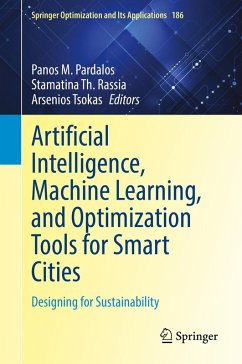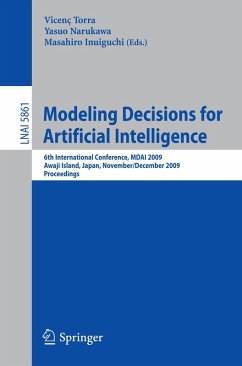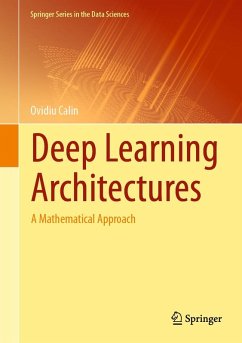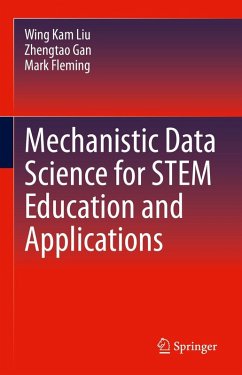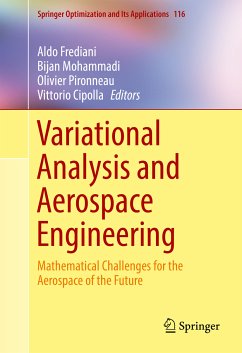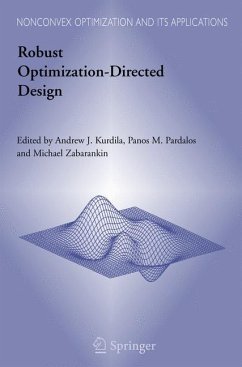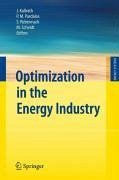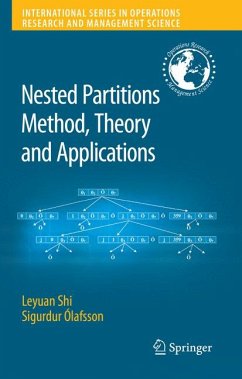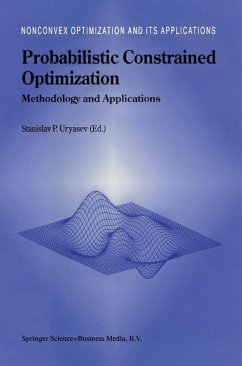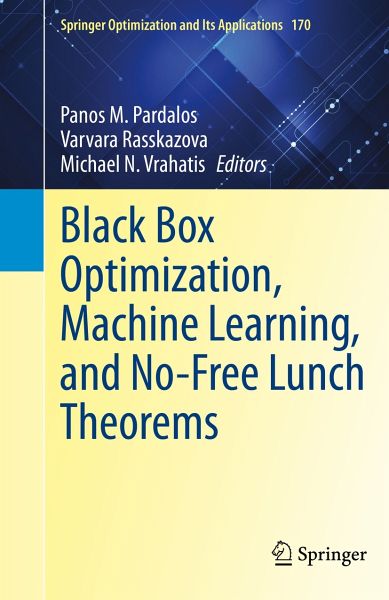
Black Box Optimization, Machine Learning, and No-Free Lunch Theorems (eBook, PDF)

PAYBACK Punkte
48 °P sammeln!
This edited volume illustrates the connections between machine learning techniques, black box optimization, and no-free lunch theorems. Each of the thirteen contributions focuses on the commonality and interdisciplinary concepts as well as the fundamentals needed to fully comprehend the impact of individual applications and problems. Current theoretical, algorithmic, and practical methods used are provided to stimulate a new effort towards innovative and efficient solutions. The book is intended for beginners who wish to achieve a broad overview of optimization methods and also for more experi...
This edited volume illustrates the connections between machine learning techniques, black box optimization, and no-free lunch theorems. Each of the thirteen contributions focuses on the commonality and interdisciplinary concepts as well as the fundamentals needed to fully comprehend the impact of individual applications and problems. Current theoretical, algorithmic, and practical methods used are provided to stimulate a new effort towards innovative and efficient solutions. The book is intended for beginners who wish to achieve a broad overview of optimization methods and also for more experienced researchers as well as researchers in mathematics, optimization, operations research, quantitative logistics, data analysis, and statistics, who will benefit from access to a quick reference to key topics and methods. The coverage ranges from mathematically rigorous methods to heuristic and evolutionary approaches in an attempt to equip the reader with different viewpoints of the same problem.
Dieser Download kann aus rechtlichen Gründen nur mit Rechnungsadresse in A, B, BG, CY, CZ, D, DK, EW, E, FIN, F, GR, HR, H, IRL, I, LT, L, LR, M, NL, PL, P, R, S, SLO, SK ausgeliefert werden.



